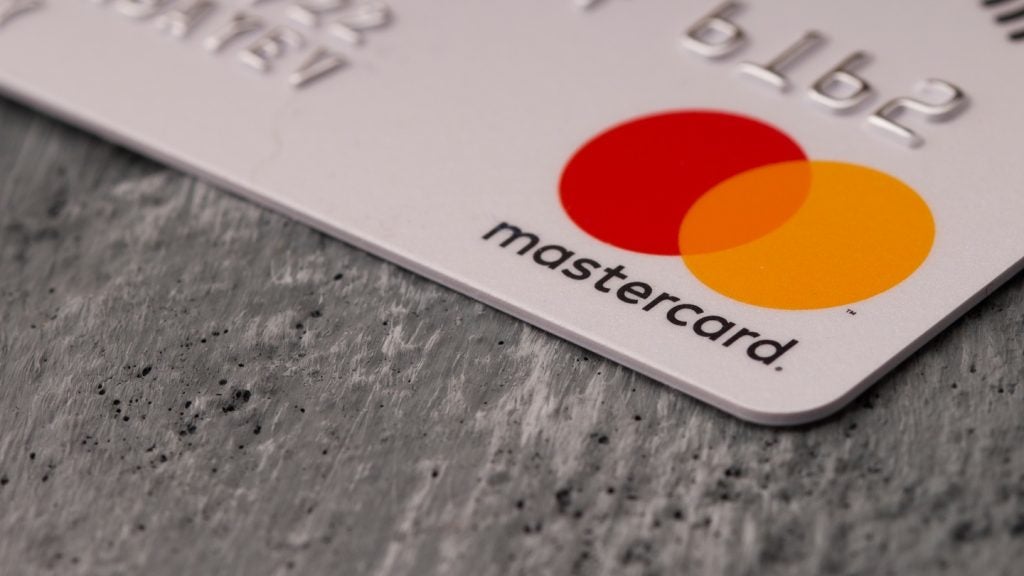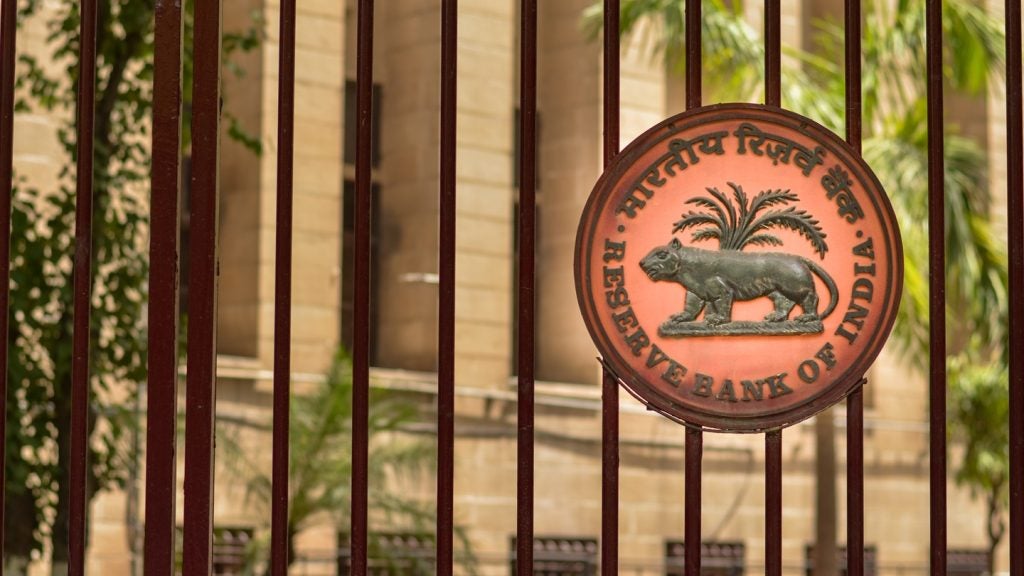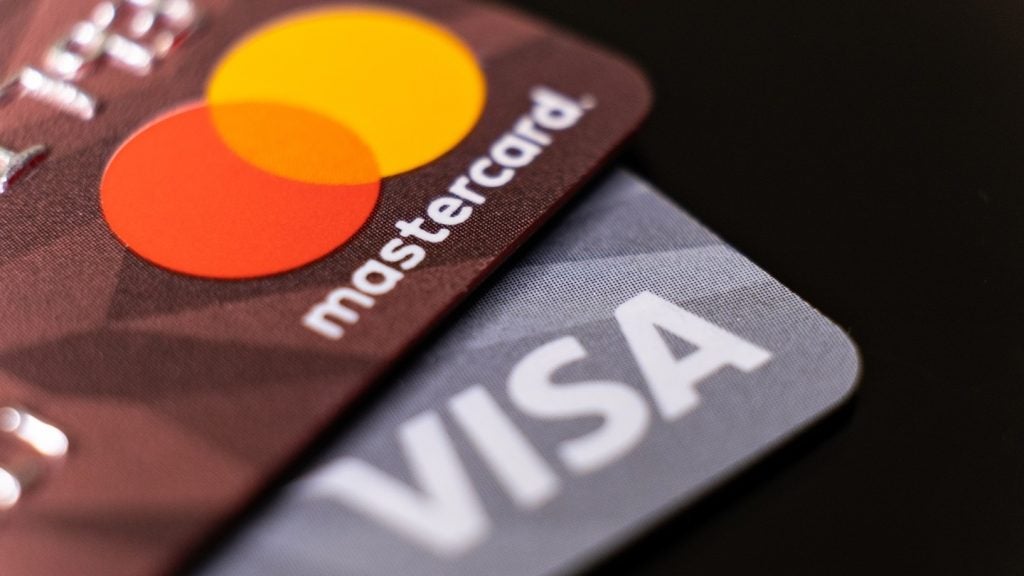entered the market armed with great technology in the form of its
proprietary global money-transfer infrastructure, Universal
Payments Network (UPN). But while UPN was an ideal platform for
Earthport’s initial service, a prepaid e-wallet for internet
purchases and an online credit card-acquiring gateway, competition
from giants such as PayPal eventually proved overwhelming.
a strategic decision was made to refocus Earthport.
international remittances to banks and corporates,” Matt O’Donnell,
Earthport’s director of business development, told EPI.
troubles in the early days, and found a niche – bank-to-bank
remittances – for which there is a demand,” commented Gareth Lodge,
an analyst with consultancy TowerGroup.
good start and currently links Earthport’s correspondent banks in
60 countries – usually between two and three banks in each
country.
Australia and New Zealand Banking Group, Barclays, Citibank,
Fortis, HSBC, ING, Maybank, Nordea, Raiffeisen and Standard
Chartered Bank.
Cost advantage

Access deeper industry intelligence
Experience unmatched clarity with a single platform that combines unique data, AI, and human expertise.
As the UPN links directly into Earthport’s partners’ accounting
systems, it is able to carry out transfers, which are netted at
day’s end.
 “The UPN assembles and validates blocks of
“The UPN assembles and validates blocks of
requests for money transfers and then draws down the funds from a
corresponding currency reserve in the recipient country,” explained
O’Donnell. “This means that no money is actually transferred across
borders, which keeps costs down.”
for the transfers are segregated from the client’s bank
accounts.
brokerage Daniel Stewart & Company (DSC), using the UPN to
transfer funds cross-border would cost a customer around a fifth of
the standard fee charged by banks for SWIFT transfers.
unreliable, while our system offers Fedex-style tracking,”
commented O’Donnell.
technology, but its relationships with big banks around the world,”
said DSC analyst Mike Jeremy. “Regulators are also satisfied by
transaction tracking which enables analysis of transfer patterns as
a means of identifying fraudulent activity or money
laundering.”
system ensures that beneficiaries are paid immediately the
traditional remittance business model involves a relatively
time-consuming (of about two days) and costly verification
exercise, often with manual data recording, the possibility for
error and a time-related exposure to currency movements.
Collaboration not competition
Earthport does not see banks, acquirers, PayPal, or Western Union
as its competitors. Instead, they are potential customers and
partners, O’Donnell said.

US Tariffs are shifting - will you react or anticipate?
Don’t let policy changes catch you off guard. Stay proactive with real-time data and expert analysis.
By GlobalDataUnion, but now we want to collaborate with them. For example, we
provide a back-end remittance system for Xoom.”
former PayPal executives, Xoom allows consumers to use Paypal,
eCheck or a credit card online to transfer funds. Julian King,
Xoom’s senior vice president, said Xoom uses Earthport to process
transfers for certain routes, but also uses other networks.
is banks that want to offer remittance services for migrant
workers. While the UPN allows banks to offer cash remittance pay-in
and pay-out, its main use is for account-to-account transactions.
The UPN system currently has the capacity to execute 1 million
transactions daily.
remittance market, three banks – including a big global bank – use
Earthport for remittances.
unbanked migrant wanting to send cash home from the UAE needs to be
updated,” said O’Donnell. “Increasingly, we’re seeing white-collar
workers, for example hotel staff in Dubai, who have bank accounts
and want to remit money back home.”
a link to the UPN is far cheaper than building its own system,
which is an important consideration given the banking industry’s
current climate of cost-cutting, O’Donnell said.
a business case for a remittance service. They have to pay a
software integration cost. Otherwise, it’s just a matter of paying
per-transaction,” said O’Donnell.
up-and-running for a bank in weeks, while building an in-house
system might take two years, explained O’Donnell.
remittance service back in-house after using our platform for a
while or they might handle the most profitable remittance
corridors, for example US to Mexico, themselves, leaving us with
the rest of the world.”
Earthport include providing reloading services for prepaid card
issuers, trade finance, the travel industry, pension payments,
payroll and commissions for agents working for international
direct-sales firms.
issuers to offer cross-border reloading,” O’Donnell said. “We’re
talking to some prepaid card firms interested in using us to
centralise existing reloading services they operate in various
Eastern European countries.”
offer prepaid card reloading without having to be a scheme
member.
service, rather than a card network issue,” O’Donnell
explained.
cross-border bank-to-bank transfers for E-Clearing Payment
Solutions, an Australian processor for the Asian travel
industry.
agencies the option of accepting payment via bank transfer instead
of cards, which will save agencies having to pay card processing
fees,” said O’Donnell.
jointly develop a trade finance portal with US software developer
Adobe. The portal will enable small businesses to make overseas
purchases with a guarantee that, if goods are not delivered,
payments will be refunded. It will combine the UPN with escrow
accounts provided by Earthport’s partner banks.
for their imports, so they make purchases on an open account basis,
which is risky,” O’Donnell says. “Our system will be mid-way
between PayPal, which offers guarantees for buyers and sellers but
is not priced for import-exports and letters of credit.”
technology giant IBM which supplied the software on which the UPN
is based. Earthport also has several ex-IBM banking systems
executives on its staff. “If a bank prefers to use IBM rather than
Earthport to connect to the UPN, it can do that,” O’Donnell
explained.
up since its decision to refocus on remittances. Revenue in the
year to 30 June 2007 was £1.08 million ($1.98 million), which DSC
predicts will rise to £2.51 million in 2008 and £9.81 million in
2009. For the first half of fiscal 2008, revenue rose to £1.07
million from £400,000 in the first half of fiscal 2007.
Earthport’s average monthly transaction volumes doubled, without
any addition to its staff of 36 people.
per-transaction fees, growing its transaction volumes is very
important,” said Jeremy. “However, expanding the UPN is not a major
cost. This means, that as transaction volumes increase, they should
translate directly into cash on the bottom line.”
advantage: it has already gone through the long-learning curve of
developing and refining its system and securing strong banking and
technology partners.
would be very time-consuming and costly,” stressed O’Donnell.







